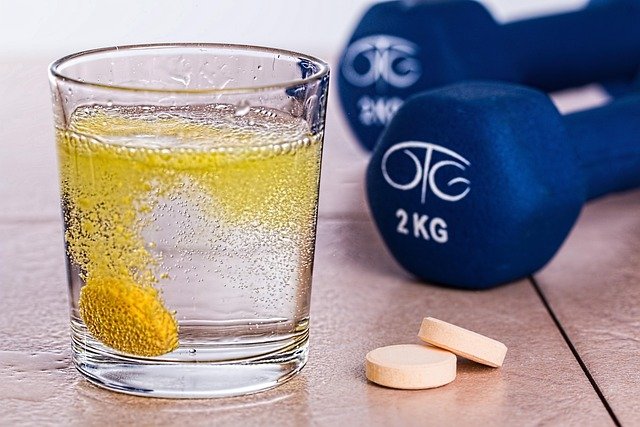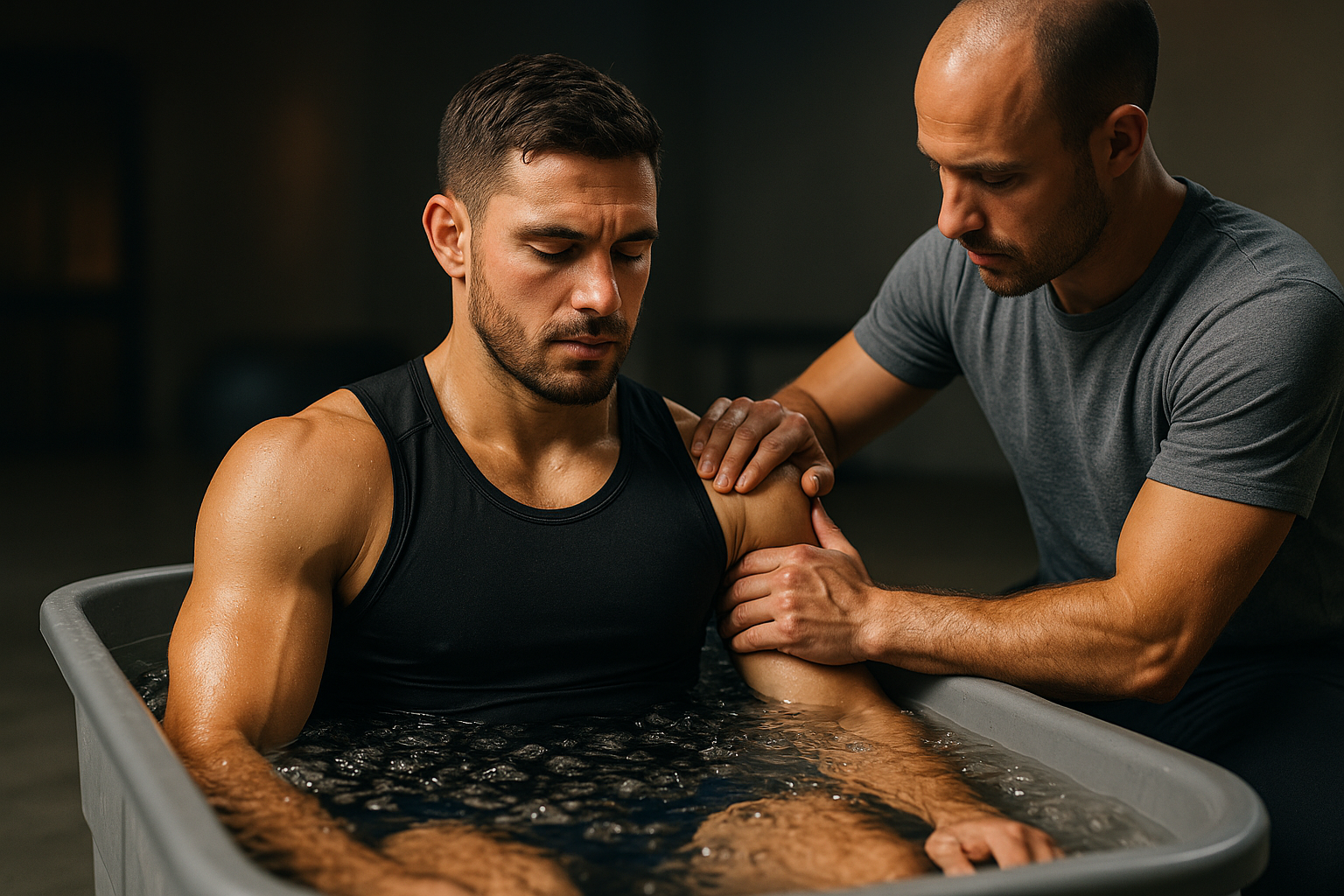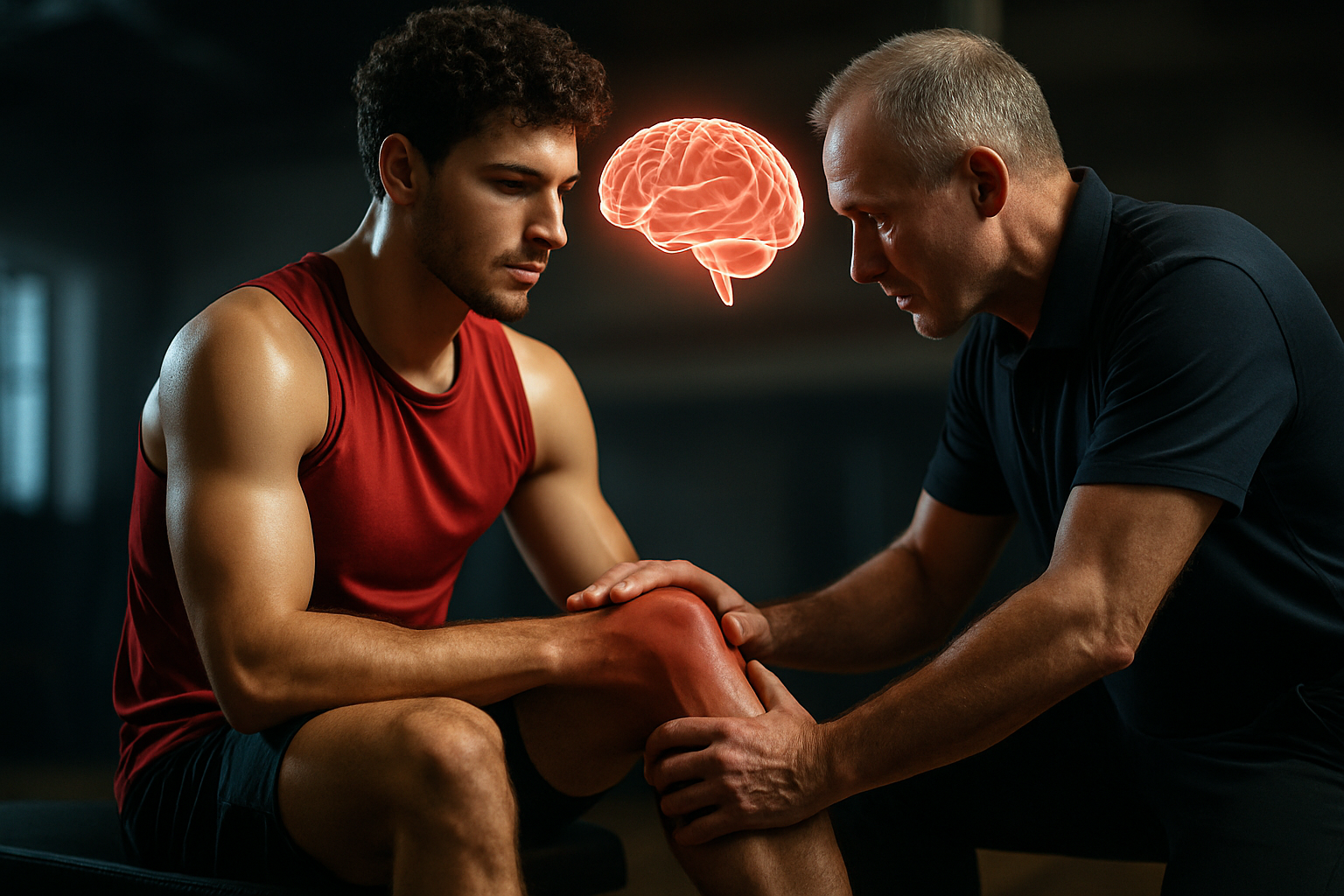Nutrition approaches that support skin renewal and activity
A nutrition plan that supports both skin renewal and physical activity focuses on balanced macronutrients, targeted micronutrients, adequate hydration, and timing that aids recovery. This overview highlights practical food choices, meal patterns, and lifestyle factors that support skincare, workout performance, and overall mobility without promising instant results.

Nutrition approaches that support skin renewal and activity
Effective nutrition for skin renewal and physical activity blends the needs of tissue repair, energy supply, and inflammation control. A sustained approach emphasizes whole foods, adequate protein for collagen synthesis, anti-inflammatory fats, and carbohydrate timing to support cardio and strength sessions. Hydration and micronutrients such as vitamin C, zinc, and certain B vitamins play roles in cell turnover and recovery. This article outlines practical strategies that align nutrition with mobility, flexibility, endurance, and recovery for a balanced routine.
This article is for informational purposes only and should not be considered medical advice. Please consult a qualified healthcare professional for personalized guidance and treatment.
How does nutrition support skincare and skin renewal?
Skin renewal depends on cellular turnover, collagen production, and protection from oxidative stress. Protein is essential because amino acids like proline and glycine are building blocks of collagen. Antioxidant-rich foods—berries, leafy greens, and colorful vegetables—help neutralize free radicals that accelerate skin aging. Essential fatty acids found in oily fish, flaxseed, and walnuts support barrier function and reduce transepidermal water loss, improving skin texture and resilience.
How does hydration affect workout performance and recovery?
Hydration is central to both skin appearance and exercise performance. Even mild dehydration can reduce blood flow to the skin and impair thermoregulation during cardio, while also diminishing strength and endurance. Aim to drink fluids regularly across the day and include electrolytes (sodium, potassium, magnesium) around longer or intense workouts. Foods with high water content—cucumbers, melons, soups—also contribute to both skin hydration and recovery.
Which nutrients help mobility, flexibility, and posture?
Nutrients that support connective tissues and neuromuscular function can influence mobility and posture. Collagen-supporting nutrients include vitamin C, copper, and adequate protein; they assist tendon and ligament repair after training that targets flexibility. Omega-3 fatty acids reduce inflammation that can limit range of motion. Calcium and vitamin D are important for bone health, which underpins posture and alignment during activity.
What fuels support strength and endurance training?
Strength and endurance sessions have different fueling needs. For strength and muscle-building, prioritize protein intake spread across the day (20–30 g per meal for many people) and include carbohydrates post-workout to refill glycogen stores. Endurance training relies more on carbohydrate availability before and during prolonged cardio to maintain intensity and delay fatigue. Combining carbohydrates with protein in recovery enhances glycogen resynthesis and muscle repair, aiding subsequent training and skin tissue regeneration.
How should nutrition support flexibility, recovery, and mobility routines?
Recovery-oriented nutrition balances macronutrients and anti-inflammatory strategies. Post-workout protein supports muscle repair while carbohydrates replenish energy. Including foods rich in polyphenols—green tea, cherries, turmeric—can modulate inflammatory responses that otherwise delay recovery and reduce mobility. Timing matters: a post-exercise recovery snack within 1–2 hours that contains both carbs and protein can improve restoration of function and readiness for flexibility or mobility sessions.
How do mindfulness, posture, and lifestyle interact with nutrition and skin health?
Mindfulness and sleep are part of regenerative biology. Poor sleep elevates stress hormones that can impair skin repair and reduce workout recovery. Nutritional choices influence sleep quality—avoid heavy meals and excess caffeine close to bedtime. Posture and ergonomic habits reduce chronic strain that otherwise increases inflammatory load; anti-inflammatory dietary patterns (Mediterranean-style, rich in vegetables, whole grains, lean proteins, and healthy fats) complement these lifestyle measures to support both skin renewal and sustainable physical activity.
Conclusion
Combining nutrient-dense foods, consistent hydration, appropriate macronutrient timing, and attention to micronutrients supports both skin renewal and active lifestyles. Tailor protein and carbohydrate intake to the type of exercise—strength versus endurance—while prioritizing antioxidants and essential fatty acids for skin health. Integrating sleep, stress management, and mindful movement with these nutrition basics creates a resilient foundation for mobility, flexibility, posture, and long-term recovery without relying on quick fixes or single nutrients.





